Mountain View, CA, July 1 (V7N) — In a groundbreaking move toward advancing clean energy innovation, Google has signed a landmark agreement to purchase fusion-generated electricity from Commonwealth Fusion Systems (CFS), a leading nuclear fusion startup spun out of the Massachusetts Institute of Technology (MIT).
The deal marks one of the most significant commercial commitments to nuclear fusion energy to date, highlighting Google’s growing investment in next-generation energy solutions. Commonwealth Fusion Systems is among a small group of companies racing to achieve commercial fusion power, often dubbed the "holy grail" of clean energy for its promise of zero-carbon, virtually limitless electricity without long-lived radioactive waste.
CFS aims to deliver fusion energy to the grid by the early 2030s. It is developing a compact tokamak-based fusion reactor known as SPARC, which uses high-temperature superconducting magnets to create and contain plasma at conditions necessary for nuclear fusion. The company has received significant funding from private and institutional investors and is working to prove that fusion can be both scientifically and economically viable at scale.
Google has supported CFS’s development since at least 2022, when it partnered with the company to accelerate plasma physics research using advanced machine learning tools. The new agreement transitions Google from being just a technology collaborator to a future off-taker of clean fusion energy, setting a precedent for how large corporations may secure carbon-free electricity in the coming decades.
Though financial terms and energy volumes were not disclosed, the deal reflects confidence in fusion’s commercial timeline and offers a clear signal to policymakers and investors that major players in the tech industry are betting on fusion as a long-term climate solution.
This development comes amid increasing global investment in fusion energy, with several startups and national laboratories aiming to reach net energy gain—a point where a fusion reaction produces more energy than it consumes—within the next decade.
Google’s commitment also aligns with its goal to operate entirely on carbon-free energy 24/7 across all its data centers and campuses by 2030.
END/WD/SMA/



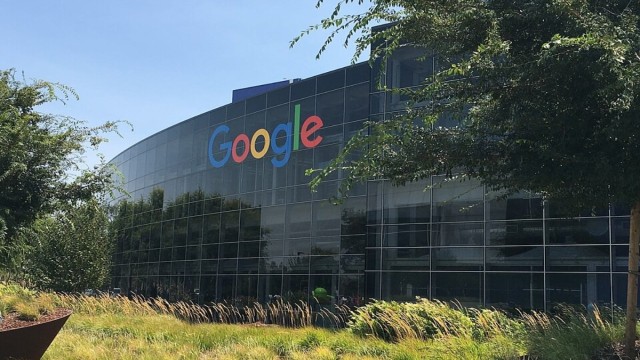


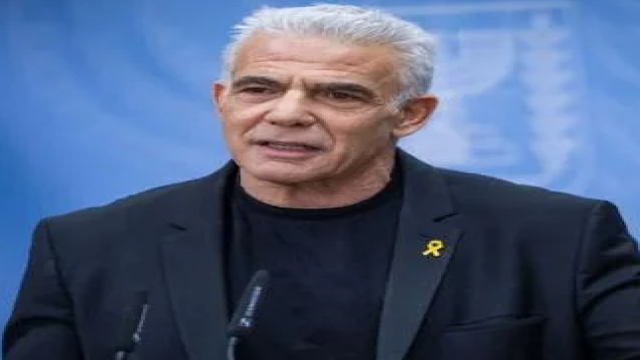
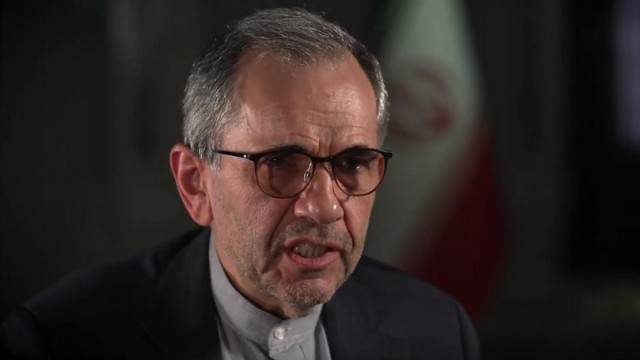





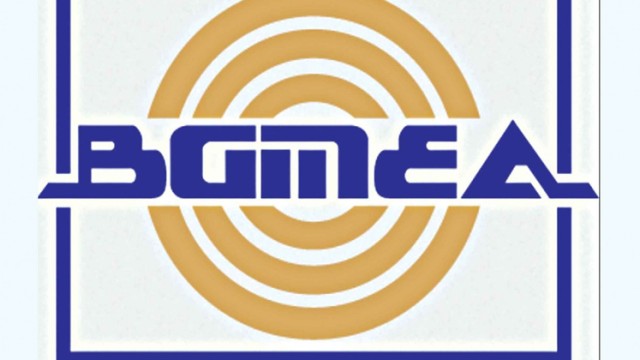
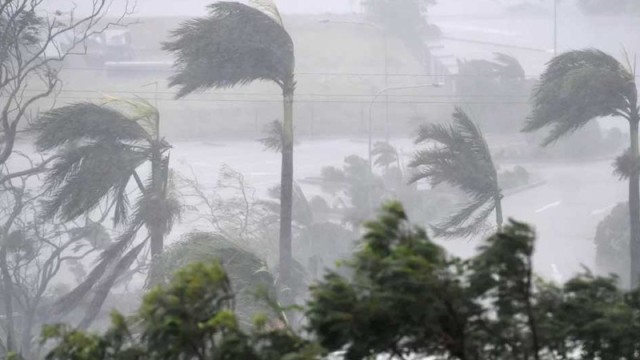


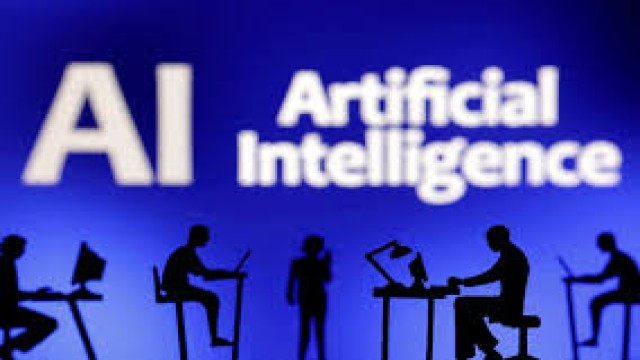









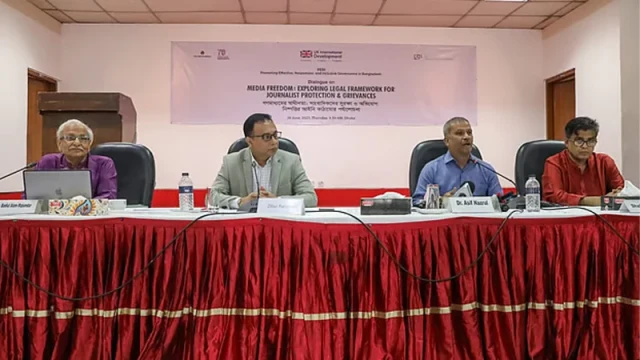

Comment: